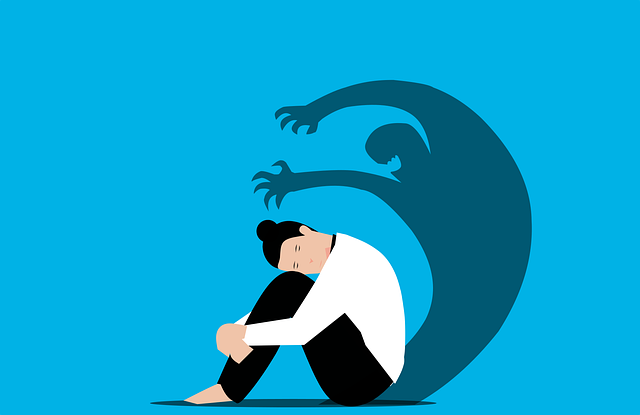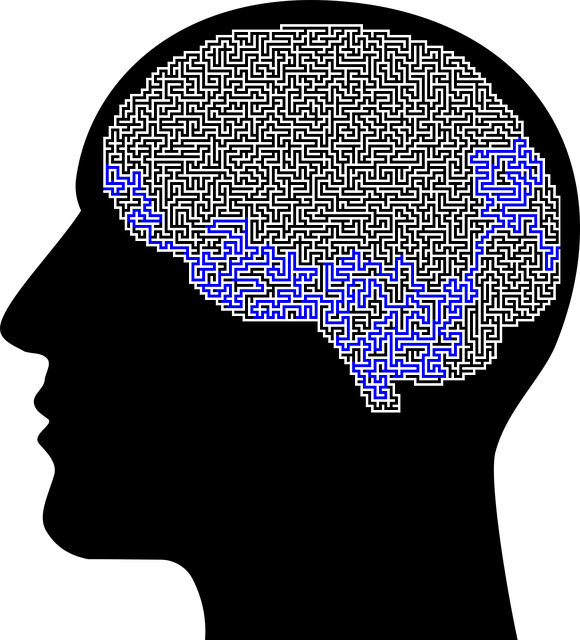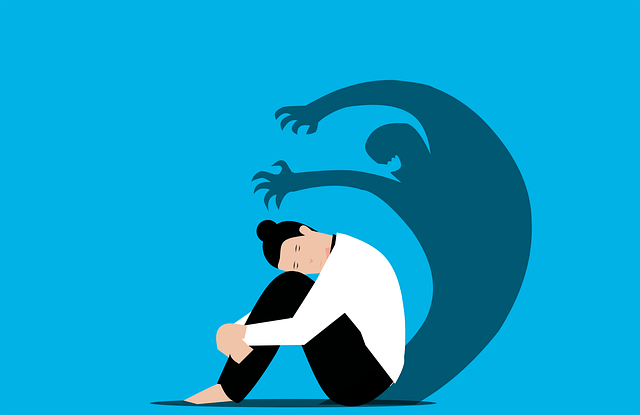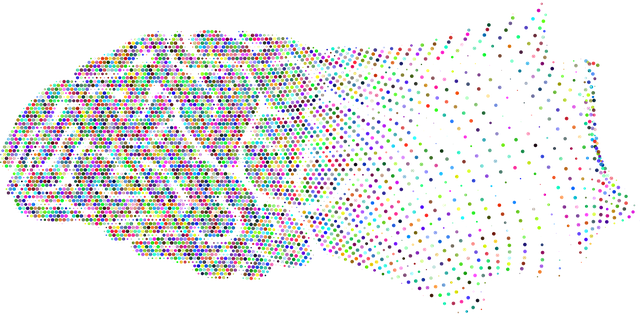Parker Self-Esteem Therapy, developed by Dr. William Parker, is a proven group facilitation approach for mental wellness settings that focuses on building self-esteem as a key component of holistic well-being. It creates safe, supportive environments through active engagement and interactive activities like icebreaker games, peer support, and art therapy, fostering community development and enhancing coping skills. This method incorporates cultural sensitivity, clear boundaries, and active listening to ensure inclusivity. Effective group facilitation also involves navigating challenges, encouraging self-reflection, and using structured environments to help members build resilience. Measuring progress with valid assessment tools is crucial for guiding future practice, along with comprehensive risk assessments for mental health professionals.
Mental wellness group facilitation is a powerful tool for promoting healing and growth. This comprehensive guide explores effective techniques using Parker Self-Esteem Therapy as a foundational framework. We’ll delve into strategies for creating a supportive environment, fostering connection and trust among participants, and engaging them through interactive activities. Additionally, we’ll navigate common challenges and assess progress in group settings. By implementing these practices, facilitators can enhance the therapeutic benefits of group sessions.
- Understanding Parker Self-Esteem Therapy: A Foundation for Group Facilitation
- Building a Supportive Environment: Techniques to Foster Connection and Trust
- Engaging Participants with Interactive Activities: Strategies for Active Engagement
- Navigating Challenges and Measuring Progress: Effective Group Management and Assessment
Understanding Parker Self-Esteem Therapy: A Foundation for Group Facilitation

Parker Self-Esteem Therapy is a highly effective and structured approach that forms a solid foundation for group facilitation in mental wellness settings. This therapeutic model, pioneered by Dr. William Parker, focuses on building self-esteem as a key component of overall well-being. By fostering a safe and supportive environment, facilitators can guide participants through exercises designed to enhance self-worth, confidence, and personal growth.
The technique encourages active engagement and interaction among group members, promoting the exchange of experiences and perspectives. This not only enhances coping skills development but also creates a sense of community within the group. As facilitators, understanding Parker Self-Esteem Therapy allows us to tailor activities and discussions that cater to individual needs while fostering collective support, ultimately contributing to successful program implementation like Community Outreach initiatives or even Mental Wellness Podcast Series production.
Building a Supportive Environment: Techniques to Foster Connection and Trust

Creating a safe and supportive environment is paramount when facilitating mental wellness groups. This begins with establishing clear boundaries and expectations from the outset, ensuring every participant feels heard, respected, and valued. Techniques like active listening, open-ended questions, and reflective statements encourage dialogue and foster a sense of belonging. Group facilitators should also model empathy and vulnerability to build trust.
Incorporating Mind Over Matter principles tailored for Parker Self-Esteem Therapy can enhance this process. By focusing on reframing negative thoughts and promoting positive self-talk, facilitators empower individuals to manage their moods effectively. Moreover, integrating Cultural Sensitivity in Mental Healthcare Practice ensures that diverse perspectives are acknowledged and respected, creating an inclusive atmosphere that strengthens connections between group members.
Engaging Participants with Interactive Activities: Strategies for Active Engagement

Engaging participants actively is key to successful mental wellness group facilitation. Interactive activities play a pivotal role in creating an inclusive and dynamic environment that encourages open dialogue and fosters a sense of community. Incorporating techniques from Parker Self-Esteem Therapy, facilitators can design exercises that stimulate conversation, promote reflection, and build camaraderie. For instance, icebreaker games tailored to mental health themes help members introduce themselves authentically while exploring shared experiences.
Beyond these initial activities, ongoing engagement strategies should focus on diverse participation. This involves rotating leadership roles, encouraging peer-to-peer support, and incorporating creative outlets like journaling or art therapy. By integrating elements from Mental Health Policy Analysis and Advocacy into discussions, facilitators can also empower group members to advocate for their own needs. Additionally, promoting self-care through activities that support Mood Management and Self-Care Routine Development strengthens the overall well-being of participants, ensuring a more productive and supportive group dynamic.
Navigating Challenges and Measuring Progress: Effective Group Management and Assessment

Effective group facilitation goes beyond simply providing a safe space for individuals to share their experiences; it involves strategic navigation through various challenges that may arise. As the session progresses, facilitators must adapt to evolving dynamics, ensuring every member feels heard and respected. This requires a delicate balance between fostering open communication and maintaining a structured environment, which can be enhanced by incorporating techniques from Parker Self-Esteem Therapy. By encouraging self-reflection and promoting positive interactions, facilitators can help members build resilience and navigate emotional healing processes.
Measuring progress within these groups is essential for gauging the effectiveness of the facilitation techniques employed. Assessing improvements in mental wellness involves using valid assessment tools that capture changes in symptoms, attitudes, and behaviors. This not only helps professionals identify successful interventions but also guides future practice by highlighting areas needing improvement. A comprehensive risk assessment for mental health professionals is crucial to ensuring the safety and well-being of both facilitators and participants throughout these emotional healing processes.
In conclusion, Parker Self-Esteem Therapy serves as a robust foundation for group facilitation techniques aimed at enhancing mental wellness. By creating a supportive environment, employing interactive activities, and effectively navigating challenges, facilitators can foster connection, trust, and active engagement among participants. These strategies collectively contribute to meaningful progress in group settings, making them essential tools for promoting collective mental well-being.












